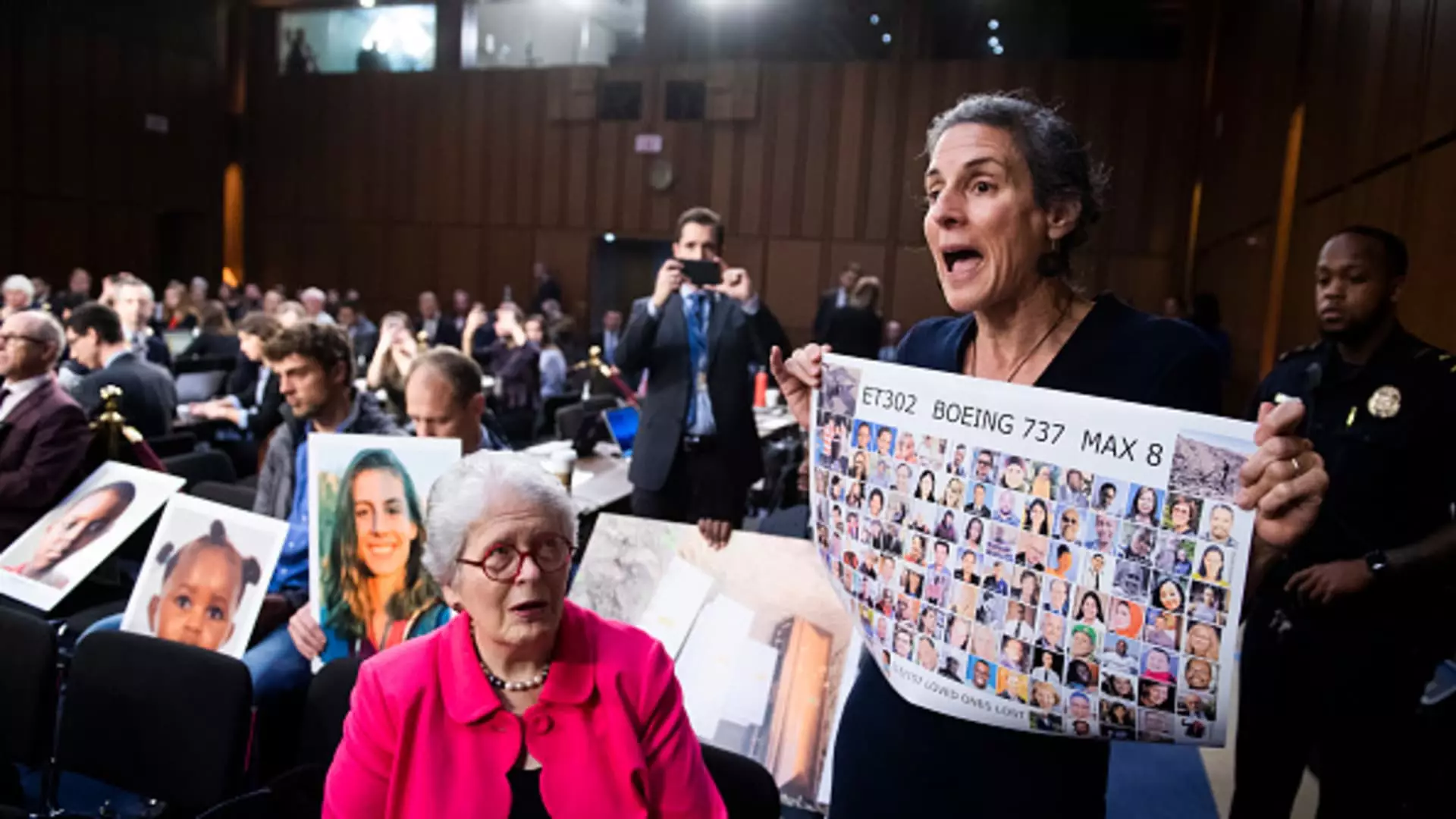Boeing has found itself at the center of a swirling storm of legal and reputational crises since the tragic crashes of its 737 Max aircraft, which resulted in the loss of 346 lives. This catastrophic failure came about due to a flawed flight-control system and has ultimately led to a multitude of lawsuits, regulatory scrutiny, and a plummeting public trust. The most recent development unfolded in a Texas courtroom when U.S. District Judge Reed O’Connor rejected Boeing’s plea deal related to a federal fraud charge linked to these incidents. His decision shines a light on the complexities and moral quandaries surrounding corporate behavior in the face of disastrous outcomes.
The rejection has its roots in Judge O’Connor’s skepticism towards the government’s proposed monitor under the plea agreement, particularly regarding its commitment to diversity, equity, and inclusion (DEI) policies. Worrying about the potential for race-based considerations to influence the selection of a monitor, O’Connor emphasized the paramount importance of competency over demographic quotas in such a significant case. This serves as a critical reflection on the intersection of justice and corporate governance, where the supposed ideals of inclusion may inadvertently undermine the principles of accountability and transparency.
The judge expressed explicit discontent by asserting that ensuring public confidence should be a foundational criterion in selecting a monitor for Boeing. This indicates a delicate balancing act between the push for inclusive practices in corporate America and the inherent need to hold companies accountable for their actions, particularly in cases involving significant loss of life. The judge’s insistence on merit-based evaluation signals a potential backlash against what many see as politically correct approaches that may overshadow critical assessments of ability in favor of visible diversity.
Adding a human element to the legal proceedings, families of the victims are wary of what they perceive as a “sweetheart deal” for Boeing. Their apprehension stems from the belief that the plea deal, which would have allowed Boeing to sidestep a trial, failed to adequately address the weight of the company’s alleged crimes. Erin Applebaum, an attorney representing families of the victims, has taken a firm stand, advocating for a renegotiation of the deal that aligns with the severe consequences of Boeing’s conduct. Her call for “real accountability” encapsulates the sentiments of those personally affected by the tragedies, reinforcing the idea that corporate penalties must match the severity of their malfeasance.
The familial voices encapsulate a broader concern about the corporate world’s accountability mechanisms. Courts and regulatory bodies play a critical role in protecting the interests of the public and victims in cases involving corporate negligence. The plea deal was seen as a potential derailment of justice, essentially allowing a corporate giant to evade stringent scrutiny and accountability for its alleged negligence.
The implications of Judge O’Connor’s ruling extend beyond the individual case of Boeing and resonate across the larger landscape of corporate accountability. His decision pushes back against lenient treatment of powerful corporations, suggesting a robust review process is essential for public confidence in the judicial system. This scrutiny serves to remind stakeholders—government, corporations, and the public—that accountability must be prioritized to maintain trust in both regulatory and judicial frameworks.
Furthermore, O’Connor’s directives encourage greater transparency in the selection process of monitors, which is crucial not only to ensure competent oversight but also to reinforce the principles of fairness and integrity in corporate governance. The federal judge has placed a spotlight on a practice that could have far-reaching consequences, offering an opportunity for re-examination of how monitoring occurs in corporate cases.
The rejection of Boeing’s plea deal underscores a poignant moment in the ongoing dialogue about corporate integrity versus accountability. It reveals the challenges facing regulatory bodies in their pursuit of justice while grappling with the nuances of inclusivity. While companies like Boeing strive to recover from crises, this event signals that accountability cannot be compromised. It raises critical questions about how corporate America can evolve in a way that does not sacrifice ethical standards in pursuit of progress, ultimately advocating for a system where justice not only serves the corporate entity but also honors the lives impacted by its failures.


Leave a Reply